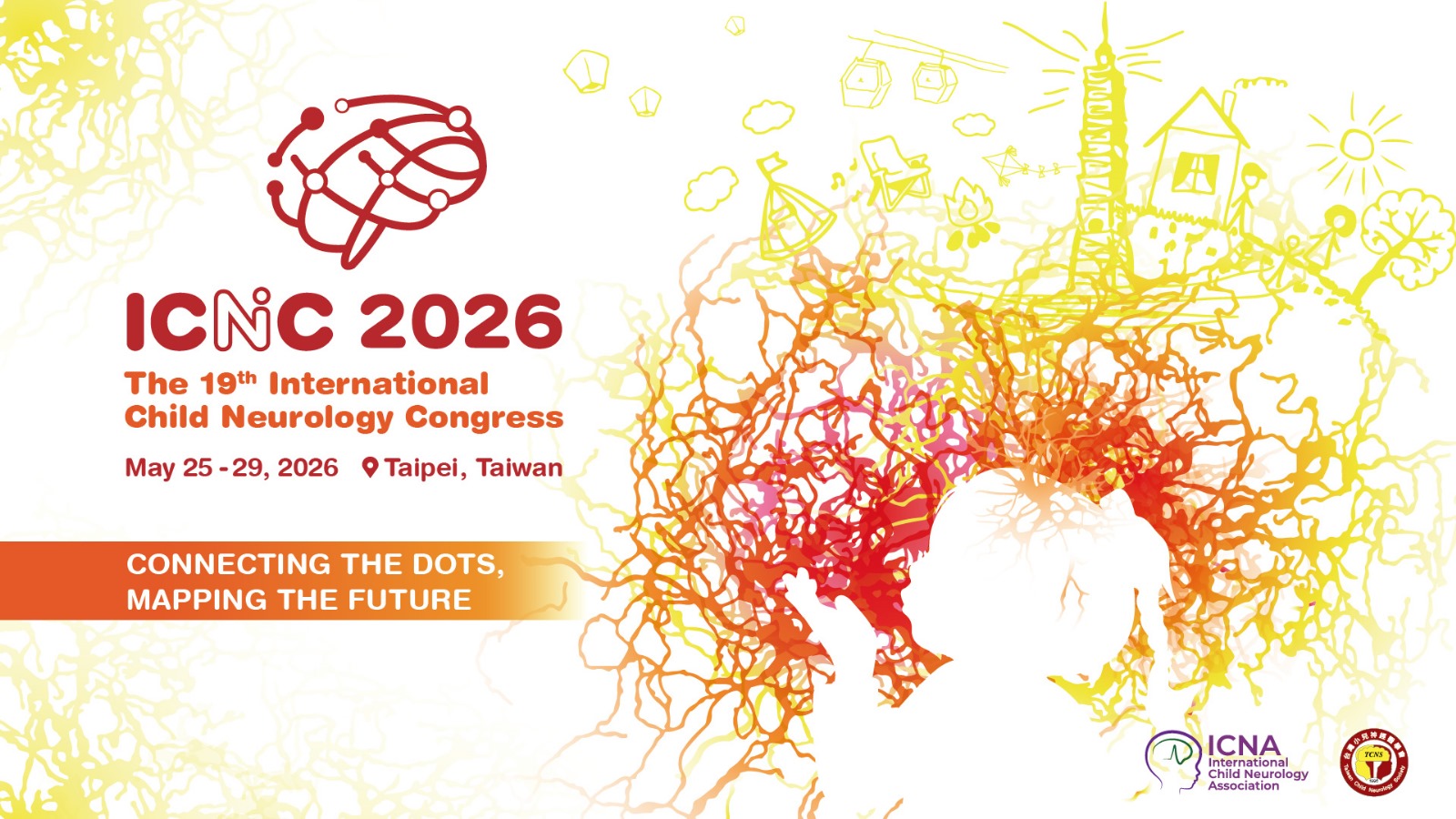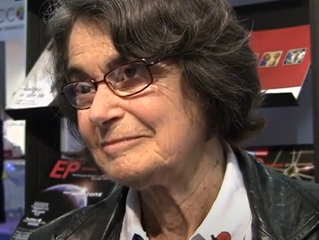Registrations and Abstract Submissions Now Open for ICNC 2026 in Taipei
Taipei, Taiwan (August 7, 2025) – The International Child Neurology Congress (ICNC) is once again set to bring together the brightest minds in pediatric neurology. The 19th edition of the congress will be held from May 25 to 29, 2026, at the prestigious Taipei International Convention Centre in Taiwan, under the inspiring theme “Connecting the Dots, Mapping the Future.”
Registration Now Open
Prospective attendees and presenters—especially those submitting abstracts—are invited to secure their places via the official online registration portal. Detailed instructions and registration forms can be accessed through the ICNC website. Register now.
Abstract Submissions Invited
Scholars, clinicians, researchers, and trainees in the field of child neurology are encouraged to submit abstracts for both oral and poster presentations. Abstract submissions are now open and must be completed online by December 31, 2025 (23:59 UTC). Submit your abstract.
Why Attend
The International Child Neurology Congress (ICNC) stands as a landmark event in the global calendar of pediatric neuroscience. Attending ICNC 2026 offers a rare and unparalleled opportunity to engage with the world's leading child neurologists, neuroscientists, researchers, and allied health professionals in an intellectually vibrant and collegial atmosphere. The congress will feature a meticulously curated scientific program, including groundbreaking plenary sessions, interdisciplinary symposia, hands-on workshops, and emerging-topic roundtables, designed to equip delegates with the latest advances in clinical practice, translational research, and policy innovation. Beyond the scientific rigor, ICNC 2026 provides an inspiring platform for cross-cultural exchange, mentorship, and career development. Held in Taipei, a city where ancient heritage meets cutting-edge technology delegates can expect a warm welcome and an enriching cultural experience. Whether you are an experienced practitioner, an early-career researcher, or a trainee, ICNC 2026 will ignite new ideas, strengthen collaborative networks, and reaffirm our collective commitment to improving child brain health worldwide.
Chairman Dr. Wang‑Tso Lee, alongside ICNA leadership, invites the child neurology community to “immerse yourselves fully in this unique experience… forge new connections and drive forward our shared mission.”
Key Information
| What | Details |
|---|---|
| Event | ICNC 2026 – 19th International Child Neurology Congress |
| Dates | May 25–29, 2026 |
| Venue | Taipei International Convention Centre |
| Registration | Now open; register via official ICNC site |
| Abstract Submission | Now open; deadline December 31, 2025 (23:59 UTC) |
For inquiries, please contact the ICNC2026 Secretariat via icnc2026@icnapedia.org.


